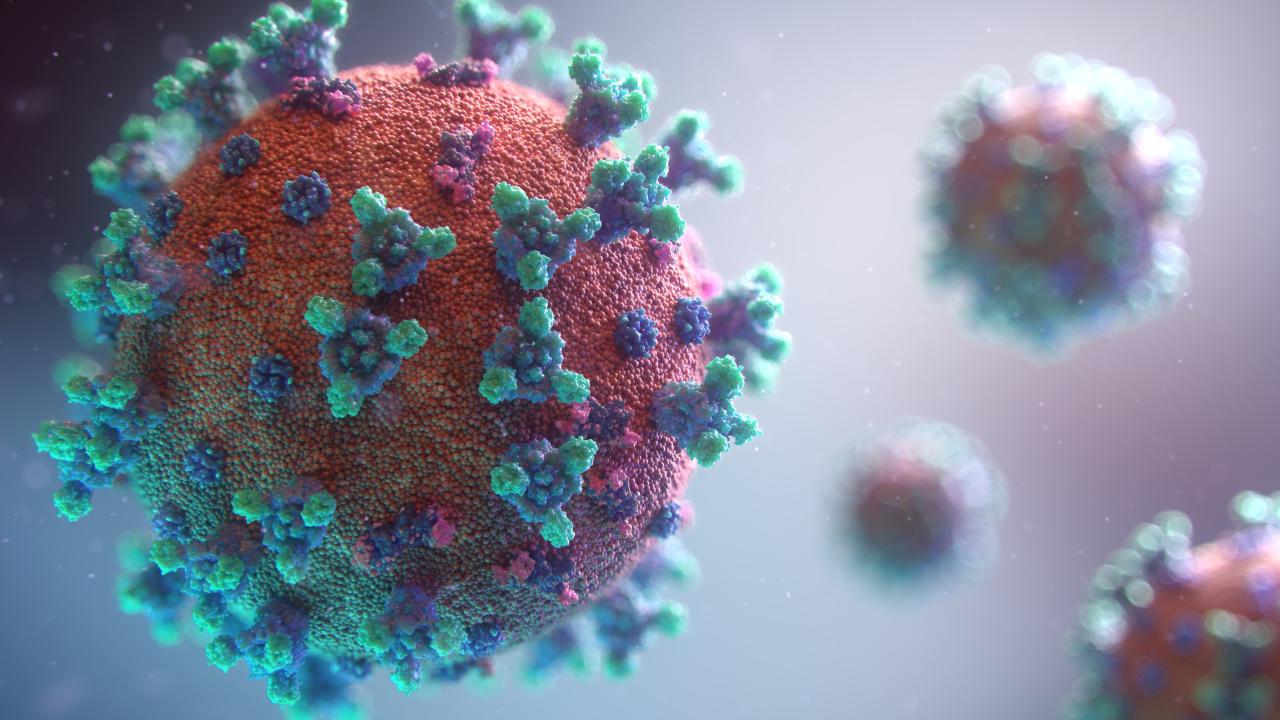The human immunodeficiency virus (HIV) is known to be one of the fastest-mutating viruses with variants that can differ from person to person and even ‘within a single individual,’ according to Nature.
Discover our latest podcast
Thanks to the advancement of modern medicine, we’ve come a long way at treating and controlling the virus, but there’s still a lot we do not know about HIV.
A new variant

Most recently, researchers have identified a previously unknown variant of the virus, which has apparently been ‘discreetly circulating’ in the Netherlands for a number of years now. They wrote in their study, which was published in the journal Science:
Genetic sequence analysis suggests that this variant arose in the 1990s from de novo mutation, not recombination, with increased transmissibility and an unfamiliar molecular mechanism of virulence.
According to their study, this variant is a ‘highly virulent variant of subtype-B HIV-1' which they're calling the VB variant. It was found in 109 patients, and investigation showed that they had a viral load that was 3.5 to 5.5 times higher than thousands of individuals who were infected with other subtypes.
Read more:
⋙ HIV: England on course to fully eradicate the virus by 2030
⋙ Sexual health: Four unfamiliar STDs you need to know about
Resistant to treatment?
Luckily, researchers have said that they are not particularly worried about the variant, given that it’s still responsive to the current treatments for HIV. Joel Wertheim, evolutionary biologist and molecular epidemiologist at University of California San Diego said:
All of the tools in our arsenal should still work.
However, authors say that without treatment, people with this subtype could have advanced HIV in a matter of 9 months and even progress to AIDs within 2 to 3 years of diagnosis. Those with non-VB variants usually reach the same stage in 6 to 7 years. Hence, they’re emphasising the urgency of increased and regular testing. Christophe Fraser, researcher at Oxford, said in a press release:
Our findings emphasise the importance of World Health Organization guidance that individuals at risk of acquiring HIV have access to regular testing to allow early diagnosis, followed by immediate treatment.
Furthermore, Wertheim stated that their findings are a reminder that ‘long-spreading viruses still have the potential to evolve and adapt. As this current pandemic continues to remind us, we shouldn’t underestimate the potential for viral adaptation.'















